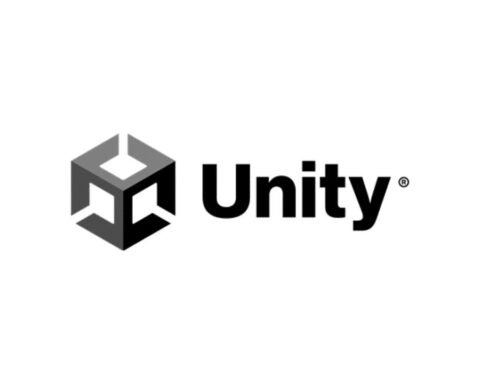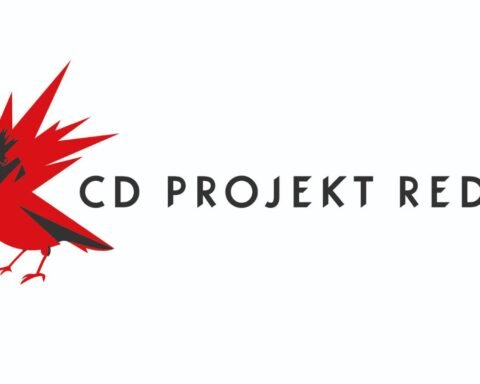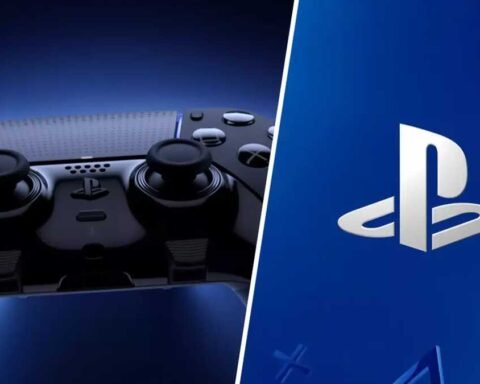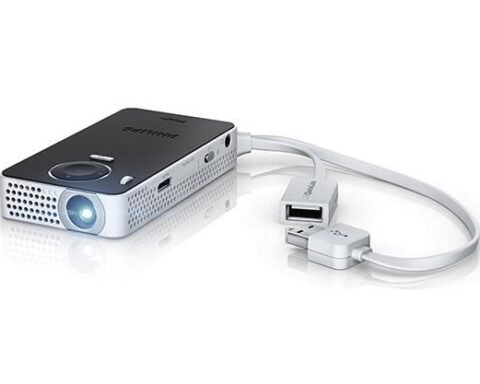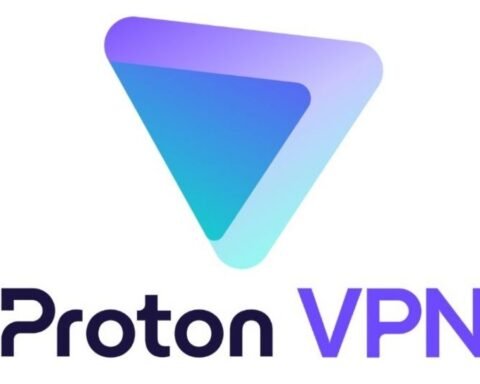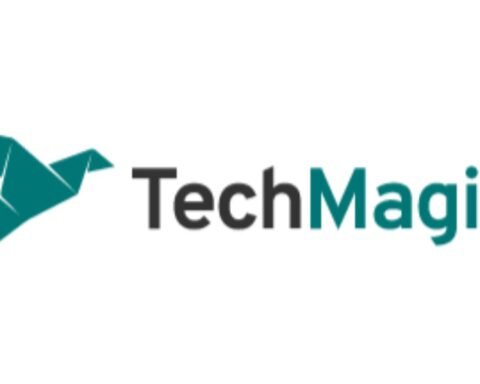Microsoft, the technology giant renowned for its dominance in the software and gaming industries, finds itself facing regulatory hurdles in its pursuit of acquiring Activision Blizzard, the renowned American video game company. As the proposed $69 billion deal awaits regulatory scrutiny, Microsoft is actively exploring avenues to secure approval from various jurisdictions worldwide. In particular, the company is currently focusing on finding solutions to address concerns raised by UK authorities. This article delves into Microsoft’s efforts and the potential implications of the acquisition on the UK gaming landscape.
Navigating Regulatory Challenges:
The proposed acquisition of Activision Blizzard by Microsoft, announced earlier this year, aims to combine the formidable gaming prowess of both companies. However, as with any major acquisition, regulatory approval is crucial, ensuring that competition is not unduly affected and consumers continue to benefit from a healthy market. Microsoft is no stranger to navigating regulatory challenges, having successfully managed similar processes in the past. Nonetheless, the UK’s Competition and Markets Authority (CMA) has raised concerns about the potential impact on competition within the country’s gaming market.
Addressing UK Authorities’ Concerns:
Recognizing the significance of UK approval for the overall success of the acquisition, Microsoft is actively engaging with the CMA to address their concerns. The CMA’s primary focus lies in examining the potential impact on consumer choice and innovation, as well as assessing whether the deal would result in increased prices or reduced quality of services. Microsoft, committed to satisfying regulatory requirements, is proactively proposing measures to mitigate these concerns.
- RELATED NEWS: Oppo Find X6 Pro Quick Review
Preserving Competition and Consumer Interests:
To allay fears of reduced competition in the UK gaming market, Microsoft is reportedly exploring a range of potential remedies. These remedies may include licensing agreements, divestitures, or other structural adjustments that would preserve competition and ensure a vibrant gaming ecosystem. By proposing such solutions, Microsoft aims to convince UK authorities that the acquisition will not hinder consumer choice, innovation, or fair market dynamics.
Implications for the UK Gaming Landscape:
Should the Microsoft-Activision Blizzard deal receive approval in the UK, it could potentially reshape the country’s gaming landscape. Microsoft’s already influential position in the gaming industry would be further solidified, with the addition of Activision Blizzard’s extensive portfolio of popular franchises, including “Call of Duty,” “World of Warcraft,” and “Candy Crush.” This consolidation of power could lead to a more concentrated market, prompting regulators to carefully assess the potential impact on small and independent developers and publishers.
Conclusion:
Microsoft’s pursuit of regulatory approval for its $69 billion acquisition of Activision Blizzard faces an important milestone as it seeks the green light from UK authorities. By actively engaging with the UK Competition and Markets Authority and proposing remedies to address concerns regarding competition and consumer choice, Microsoft aims to secure approval for the deal. As the gaming industry continues to evolve, the outcome of this acquisition and its implications for the UK gaming landscape will undoubtedly be watched closely by industry observers and gamers alike.







